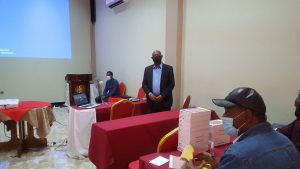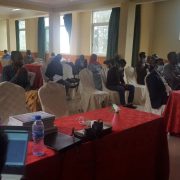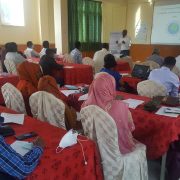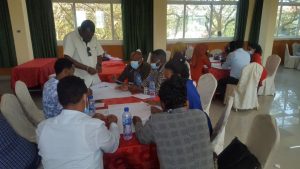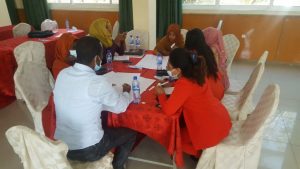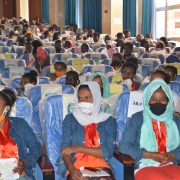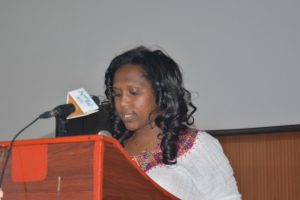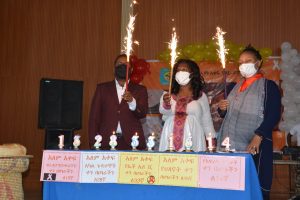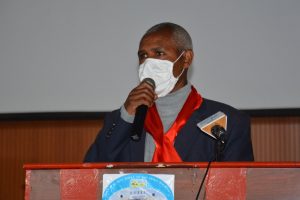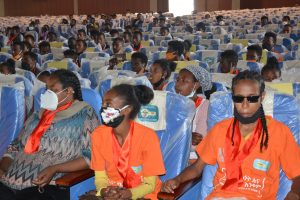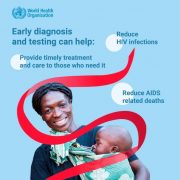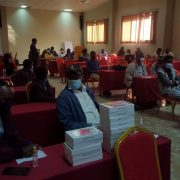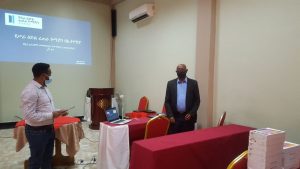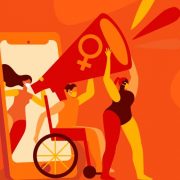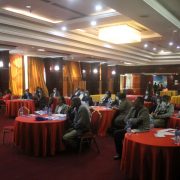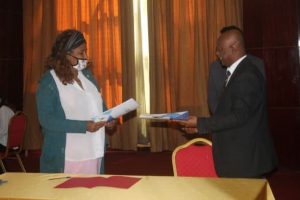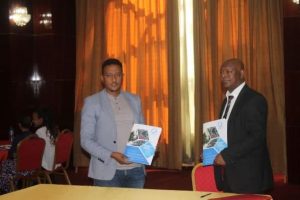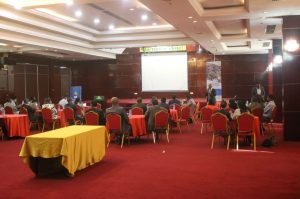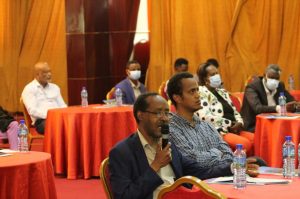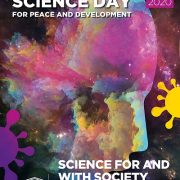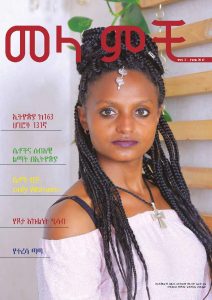Supporting the livelihood of Ethiopians through the digital Labor Market Information Systems [LMIS]
Initiative Africa is proud to announce that it has successfully coordinated and facilitated the third and final training session for experts and supervisors of the One Stop Service Centers (OSSCs) with its partner Jobs Creation Commission (JCC). The trainings took place in Adama city, in three rounds – the first one from 16 –20 Nov 2020, the second round from 25 –29 Nov 2020, and the final round from 4 –7 Dec 2020.
The training sessions were part of the collaboration agreement signed between Initiative Africa and the Federal Job Creation Commission (JCC). The objective of the partnership is geared towards efforts which will contribute to the development of a labor market information system database with the aim of addressing the job and employment issues in Ethiopia.
In describing the satisfaction of JCC over the support provided by IA, Yosef Sertse Hailemariam
Director, Data Analytics & Systems Jobs Creation Commission (JCC)
“On behalf of the Federal Democratic Republic of Ethiopia, Jobs Creation Commission, I would like to extend my greater appreciation to Initiative Africa’s management and leadership team to successfully deliver our partnership per set agreement by contributing towards the development of a National labour market information system. Our partnership was exemplary to others with detailed preparation, planning and execution and we are very honored to partner with development partners with an excellency like yours.”
These trainings were made possible as one of the capacity building programs of the EMEA project implemented by IA with the support provided by Embassy of Sweden Addis Ababa/ Sida.
